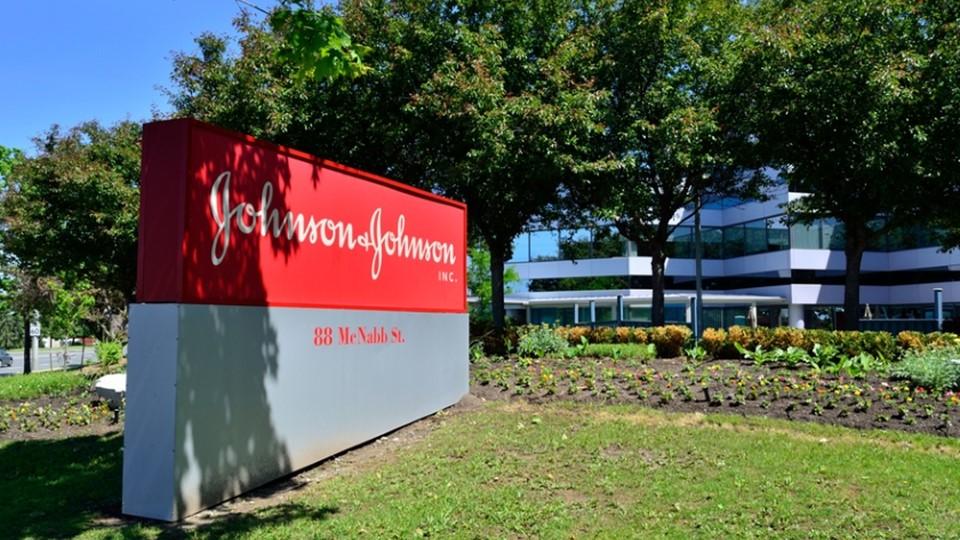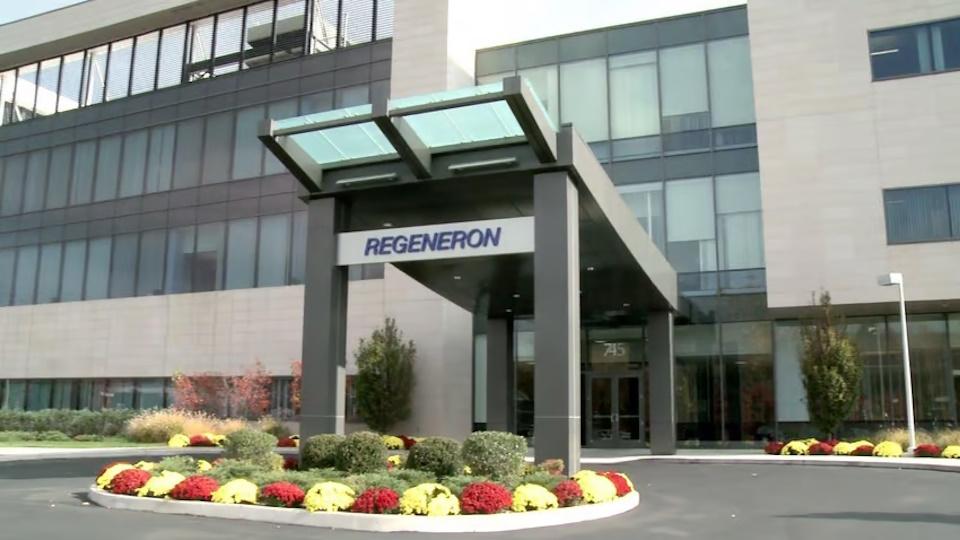J&J launches gMG market bid with nipocalimab filing

Johnson & Johnson has submitted its first marketing application for nipocalimab, seeking approval for the FcRn blocker in generalised myasthenia gravis (gMG), where it would compete with rivals in the class from Argenx and UCB.
The filing is based on the results of the Vivacity-MG3 study, which showed an improvement with nipocalimab compared to placebo on activities of daily living scores that J&J says have not been seen with other FcRn inhibitors.
Nipocalimab-treated patients saw a 4.7-point improvement from baseline in the myasthenia gravis - activities of daily living (MG-ADL) score in weeks 22, 23, and 24, compared to a 3.25-point improvement with placebo, according to data presented at the European Academy of Neurology (EAN) congress earlier this year.
The company claims nipocalimab is the only FcRn blocker to show sustained disease control on the MG-ADL measure compared to placebo – both added to standard care – over a period of six months of consistent dosing.
“We are encouraged by the potential of nipocalimab to provide sustained disease control for people living with generalised myasthenia gravis,” said Bill Martin, global therapeutic area head for neuroscience at J&J. The filing is a “step forward” for the company’s effort to develop therapies for autoantibody-driven diseases, he added.
gMG is an autoimmune muscle-wasting disease that affects around 700,000 people worldwide – including 100,000 in the US – and causes symptoms like vision problems, slurred speech, difficulty in swallowing, and muscle weakness.
If approved for gMG, nipocalimab would be a rival to Argenx’s market-leading FcRn blocker Vyvgart/Vyvgart Hytrulo (efgartigimod alfa) – which brought in sales of $478 million in the second quarter of his year – as well as UCB’s recently launched Rystiggo (rozanolixizumab). It will also have to take on established drugs in other classes, including AstraZeneca’s complement C5 inhibitors Soliris (eculizumab) and long-acting follow-up Ultomiris (ravulizumab).
Nipocalimab has been described by the company as a “Swiss army knife” drug for autoimmune diseases, with applications across multiple indications that it believes could make it a commercial blockbuster with sales of $5 billion a year or more.
Along with gMG, it is being tested in rheumatoid arthritis, systemic lupus erythematosus (SLE), Sjogren’s disease (SjD), idiopathic inflammatory myopathies (IIMs), and haemolytic disease of the foetus and newborn (HFDN).
J&J acquired nipocalimab when it bought Momenta Pharmaceuticals in 2020 for $6.5 billion, saying at the time that around 195 million people worldwide suffer from some form of auto-antibody-driven disease.
Merck starts phase 3 of potential oral therapy
Also this week, German drugmaker Merck started a phase 3 trial of its multiple sclerosis therapy cladribine in gMG, vying to become the first drug for the autoimmune disorder that could be dosed orally.
The MyClad study will enrol around 240 patients with gMG and compare two doses of cladribine, which is sold as Mavenclad for MS, to placebo.












